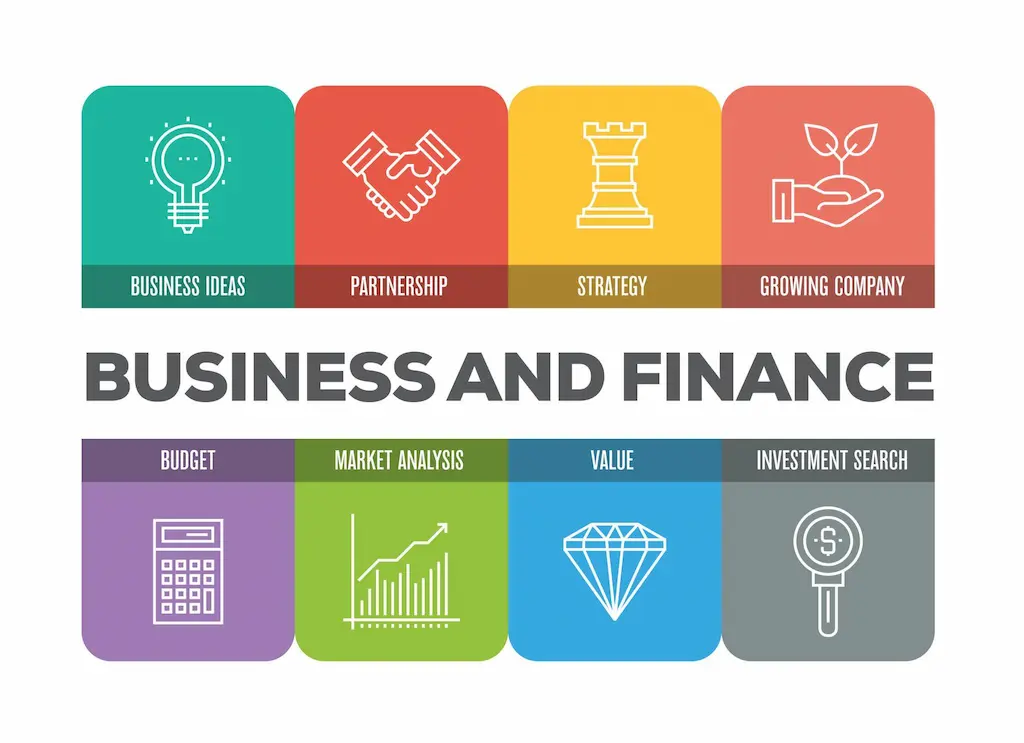Introduction
Universal Basic Assets, often abbreviated as UBA, is a concept gaining momentum in economic discussions. It is closely related to the more familiar Universal Basic Income (UBI), but with a unique twist.
In this comprehensive guide, we will explore what Universal Basic Assets are, their goals, types, implementation, challenges, success stories, global perspectives, and the potential future they hold.
Understanding Universal Basic Assets
What is a Universal Basic Asset?
At its core, a Universal Basic Asset is a form of wealth or resource that is collectively owned and managed to benefit every member of society. It differs from Universal Basic Income, where individuals receive regular cash payments from the government. Instead, UBA provides individuals with a stake in commonly held assets, which can be anything from land and natural resources to intellectual property or even digital currencies.
The concept of Universal Basic Income (UBI)
Universal Basic Assets share similarities with Universal Basic Income, as both aim to provide economic security and reduce poverty. However, UBA takes a different approach by distributing ownership and control of assets rather than direct monetary transfers.
The Goals of Universal Basic Assets
Economic stability and security
One of the primary goals of UBA is to create a safety net that ensures economic stability and security for all citizens. By providing access to essential assets, individuals can weather economic storms and pursue opportunities without the constant fear of financial ruin.
Reduction of wealth inequality
UBA also addresses the glaring issue of wealth inequality. By distributing assets, it aims to narrow the wealth gap, allowing more equitable access to resources and opportunities. This has the potential to level the playing field and empower marginalized communities.
Types of Universal Basic Assets
Land and real estate
Land and real estate are among the most traditional forms of UBA. By providing access to land, individuals can secure a place to live or even generate income through agriculture or development.
Intellectual property
Intellectual property, such as patents and copyrights, can be shared as UBA. This ensures that innovations benefit society at large and not just a select few.
Sovereign wealth funds
Some nations have adopted sovereign wealth funds, where revenues from natural resources are collected and shared with citizens. This is a form of UBA that is already in practice in countries like Norway.
Digital assets and cryptocurrencies
In the digital age, digital assets and cryptocurrencies are gaining attention as potential UBAs. By giving citizens ownership of digital assets, they can participate in the growing digital economy.

Implementing Universal Basic Assets
Government involvement
Implementing UBA often requires government intervention. Governments can play a crucial role in managing and distributing assets for the benefit of their citizens.
Private sector contributions
The private sector can also contribute to UBA by dedicating a portion of its profits or assets to the public. This can be done voluntarily or through regulations.
Challenges and Criticisms
Funding and sustainability
A major challenge with UBA is funding. Acquiring and managing assets on a large scale can be costly. There are concerns about how to sustain UBA programs in the long term.
Incentive concerns
Critics argue that UBA may discourage individuals from working or being productive if they receive assets without any effort. Balancing incentives is a crucial consideration.
Success Stories
Alaska Permanent Fund Dividend
The Alaska Permanent Fund Dividend is a real-world example of UBA. Alaska residents receive annual payments derived from the state’s oil revenues, providing economic stability and benefiting the entire population.
Creative Commons licensing
Creative Commons licenses for creative works like music and art are a form of UBA. They allow creators to share their work while still benefiting from it, encouraging innovation and creativity.
Global Perspectives on Universal Basic Assets
International adoption and potential benefits
Several countries and organizations are exploring UBA as a way to address economic inequality and poverty. The potential benefits of UBA on a global scale are being widely discussed.
The Future of Universal Basic Assets
Technological advancements and their role
Advancements in technology, such as blockchain, can make it easier to manage and distribute UBA. The future of UBA may be closely intertwined with technological innovation.
Public opinion and political support
The future of UBA also depends on public opinion and political support. As awareness grows and discussions continue, the concept may gain more traction.
Conclusion
Universal Basic Assets represent an innovative approach to economic security and wealth distribution. By granting access to essential resources and assets, UBA seeks to address poverty, reduce inequality, and provide a safety net for all members of society. While challenges exist, the concept is gaining attention worldwide, making it a potential solution for a more equitable future.
FAQs
What’s the difference between Universal Basic Income and Universal Basic Assets?
UBI provides regular cash payments, while UBA offers ownership of collective assets like land, intellectual property, or digital currencies.
Can Universal Basic Assets reduce wealth inequality?
Yes, by distributing valuable assets to all citizens, UBA has the potential to reduce wealth inequality and empower marginalized communities.
Are cryptocurrencies a feasible Universal Basic Asset?
Cryptocurrencies are being considered as a UBA, especially in the digital age, but challenges like volatility need to be addressed.
How can governments fund Universal Basic Assets?
Governments can fund UBA through a variety of means, including taxation, resource revenues, and public-private partnerships.
Will Universal Basic Assets become a global standard?
The adoption of UBA on a global scale depends on factors like public support, political will, and technological advancements, making it a possibility for the future.







